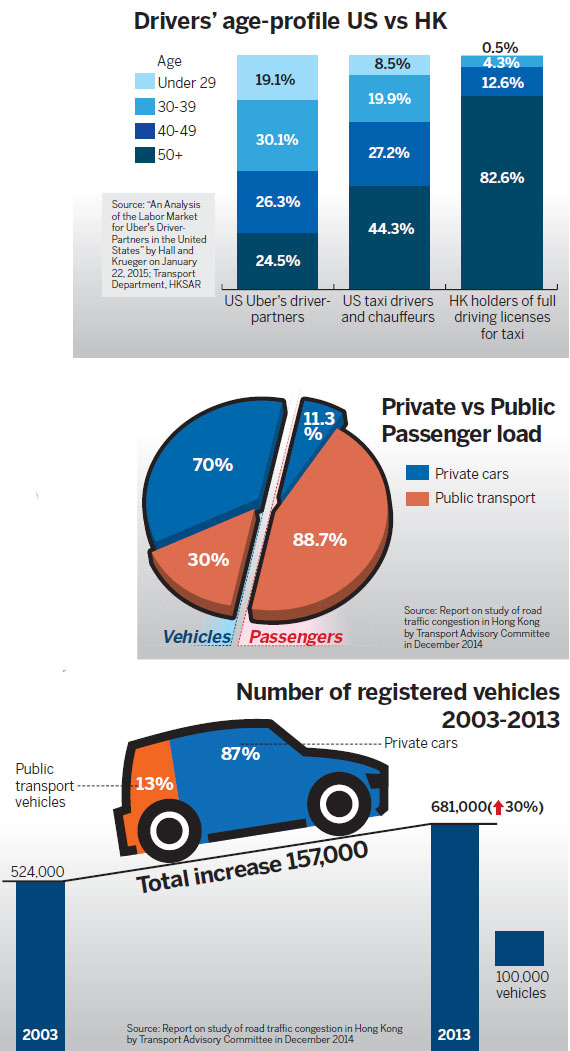Understanding the Impacts of the Car Loan Crisis on Consumers and the Automotive Industry
#### Introduction to the Car Loan CrisisThe **car loan crisis** refers to a significant increase in defaults on auto loans, which has raised concerns among……
#### Introduction to the Car Loan Crisis
The **car loan crisis** refers to a significant increase in defaults on auto loans, which has raised concerns among financial institutions, consumers, and the automotive industry alike. This crisis has emerged from a combination of rising interest rates, stagnant wages, and an increase in the cost of living, leading many consumers to struggle with their car payments. As more individuals find themselves unable to keep up with their loans, the ramifications are felt throughout the economy.
#### The Rise of Auto Loans
In recent years, auto loans have become more accessible due to aggressive lending practices by financial institutions. Many consumers, eager to purchase new vehicles, took on loans without fully understanding the long-term implications. The average loan term has extended, leading to higher overall debt levels. As the economy fluctuated, many borrowers found themselves in precarious financial situations, unable to meet their monthly obligations.

#### Factors Contributing to the Car Loan Crisis
Several factors have contributed to the **car loan crisis**. First, the Federal Reserve's decision to raise interest rates has made borrowing more expensive. As a result, consumers who had previously qualified for loans at lower rates now face higher monthly payments. Additionally, inflation has increased the cost of living, squeezing household budgets and leaving less room for discretionary spending, including car payments.
#### The Impact on Consumers
The consequences of the **car loan crisis** are devastating for many consumers. Defaults and delinquencies are on the rise, leading to repossessions and negative impacts on credit scores. For individuals who rely on their vehicles for work or daily activities, losing a car can result in job loss or reduced mobility. This situation creates a vicious cycle, as poor credit makes it increasingly difficult to secure future loans or even rent housing.

#### The Automotive Industry's Response
The automotive industry is also feeling the effects of the **car loan crisis**. With rising repossessions, dealerships are facing an oversupply of used vehicles, which can drive prices down and hurt their bottom line. Manufacturers may be forced to offer incentives or discounts to stimulate sales, impacting their profit margins. Additionally, as consumer confidence wanes, the overall demand for new vehicles may decline, leading to production cuts and layoffs within the industry.
#### Potential Solutions and Future Outlook
Addressing the **car loan crisis** requires a multifaceted approach. Financial institutions may need to reevaluate their lending practices, ensuring that borrowers fully understand the terms of their loans. Education programs on financial literacy could empower consumers to make informed decisions about borrowing. Policymakers may also consider implementing measures to curb predatory lending practices and provide support for those struggling with debt.

In conclusion, the **car loan crisis** is a complex issue that affects not only individual consumers but also the broader economy and the automotive industry. As we move forward, it is crucial to address the underlying causes of this crisis and work towards solutions that promote responsible lending and financial stability for all. By doing so, we can mitigate the impacts of this crisis and foster a healthier economic environment for consumers and businesses alike.